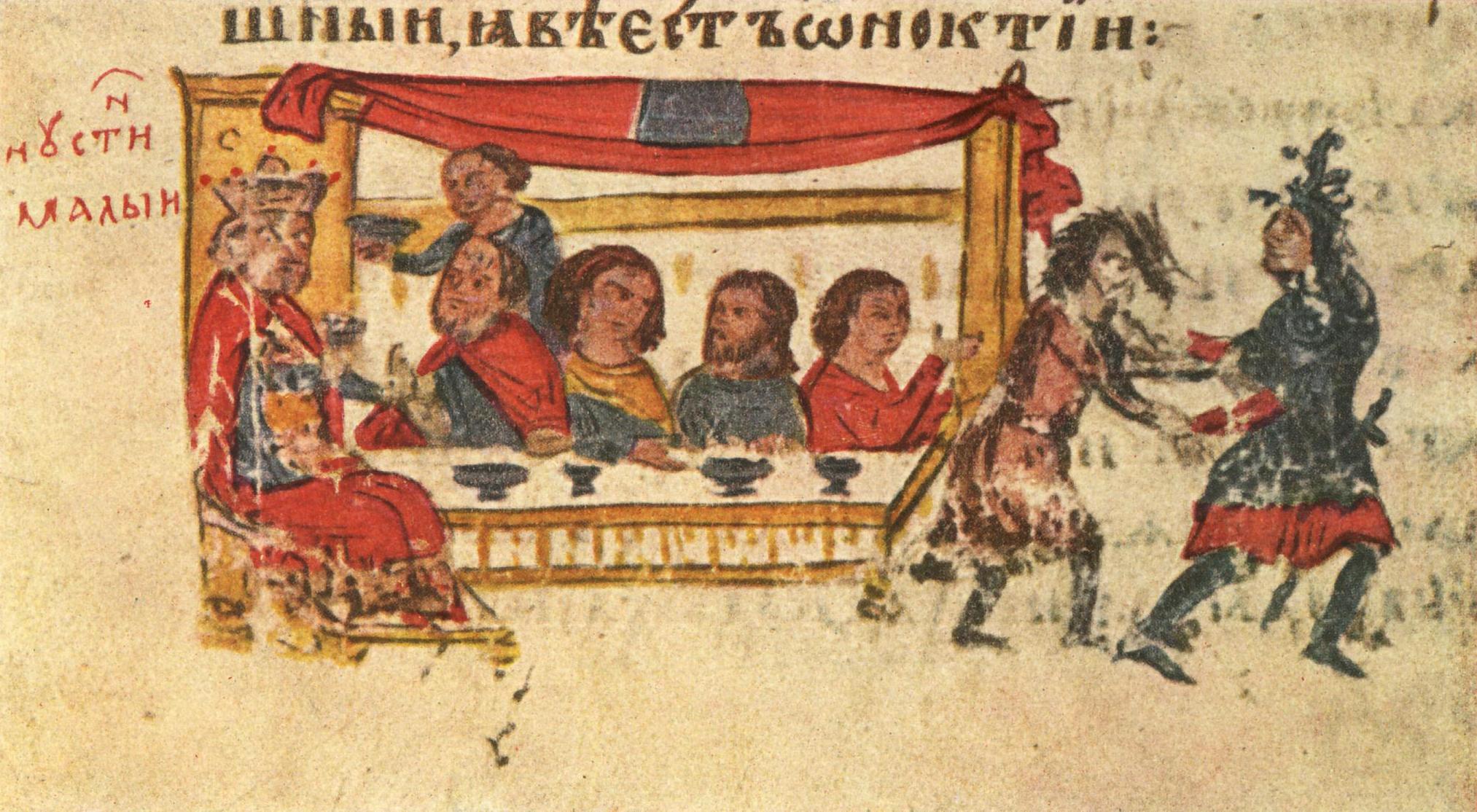|
Byzantine Exarch At Ravenna
The Exarchate of Ravenna ( la, Exarchatus Ravennatis; el, Εξαρχάτο της Ραβέννας) or of Italy was a lordship of the Eastern Roman Empire (Byzantine Empire) in Italy, from 584 to 751, when the last exarch was put to death by the Lombards. It was one of two exarchates established following the western reconquests under Emperor Justinian to more effectively administer the territories, along with the Exarchate of Africa. Introduction Ravenna became the capital of the Western Roman Empire in 402 under Honorius due to its fine harbour with access to the Adriatic and its ideal defensive location amidst impassable marshes. The city remained the capital of the Empire until 476, when it became the capital of Odoacer, and then of the Ostrogoths under Theodoric the Great. It remained the capital of the Ostrogothic Kingdom but, in 540 during the Gothic War (535–554), Ravenna was occupied by the Byzantine general Belisarius. After this reconquest it became the seat of the ... [...More Info...] [...Related Items...] OR: [Wikipedia] [Google] [Baidu] |
Exarch
An exarch (; from Ancient Greek ἔξαρχος ''exarchos'', meaning “leader”) was the holder of any of various historical offices, some of them being political or military and others being ecclesiastical. In the late Roman Empire and early Byzantine Empire, an ''exarch'' was a governor of a particular territory. From the end of the 3rd century or early 4th, every Roman diocese was governed by a vicarius, who was titled "exarch" in eastern parts of the Empire, where the Greek language and the use of Greek terminology dominated, even though Latin was the language of the imperial administration from the provincial level up until the 440s (Greek translations were sent out with the official Latin text). In Greek texts, the Latin title is spelled βικάριος (). The office of exarch as a governor with extended political and military authority was later created in the Byzantine Empire, with jurisdiction over a particular territory, usually a frontier region at some distance ... [...More Info...] [...Related Items...] OR: [Wikipedia] [Google] [Baidu] |
Justin II
Justin II ( la, Iustinus; grc-gre, Ἰουστῖνος, Ioustînos; died 5 October 578) or Justin the Younger ( la, Iustinus minor) was Eastern Roman Emperor from 565 until 578. He was the nephew of Justinian I and the husband of Sophia, the niece of the Empress Theodora, and was therefore a member of the Justinian dynasty. Justin II inherited a greatly enlarged but overextended empire, with far less resources at his disposal compared to Justinian I. Despite this, he strived to match his formidable uncle's reputation by abandoning the payment of tributes to the Empire's neighbors. This miscalculated move resulted in rekindling of war with the Sassanid Empire, and in a Lombard invasion which cost the Romans much of their territory in Italy. Family He was a son of Vigilantia and Dulcidio (sometimes rendered as Dulcissimus), respectively the sister and brother-in-law of Justinian. His siblings included Marcellus and Praejecta. With Sophia he had a daughter Arabia and possibly ... [...More Info...] [...Related Items...] OR: [Wikipedia] [Google] [Baidu] |
Rule Of The Dukes
The Rule of the Dukes was an interregnum in the Lombard Kingdom of Italy (574/5–584/5) during which Italy was ruled by the Lombard dukes of the old Roman provinces and urban centres. The interregnum is said to have lasted a decade according to Paul the Deacon, but all other sources—the ''Fredegarii Chronicon'', the '' Origo Gentis Langobardorum'', the ''Chronicon Gothanum'', and the Copenhagen continuator of Prosper Tiro—accord it twelve years. Here is how Paul describes the dukes' rule: After his death the Langobards had no king for ten years but were under dukes, and each one of the dukes held possession of his own city, Zaban of Ticinum, Wallari of Bergamus, Alichis of Brexia, Euin of Tridentum, Gisulf of Forum Julii. But there were thirty other dukes besides these in their own cities. In these days many of the noble Romans were killed from love of gain, and the remainder were divided among their "guests" and made tributaries, that they should pay the third p ... [...More Info...] [...Related Items...] OR: [Wikipedia] [Google] [Baidu] |


